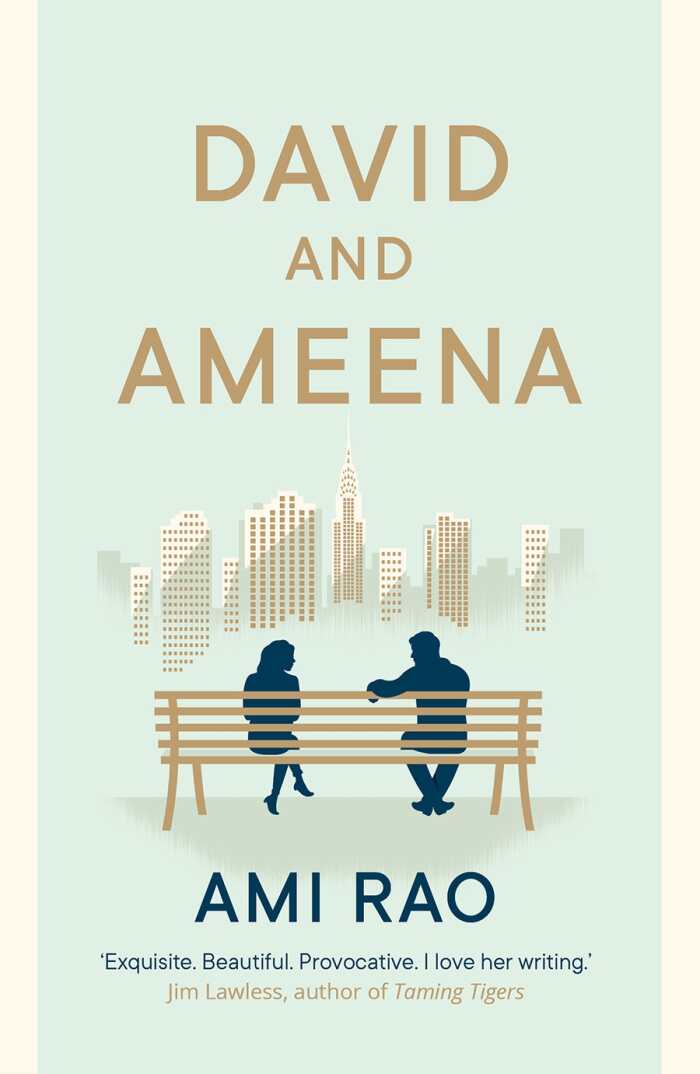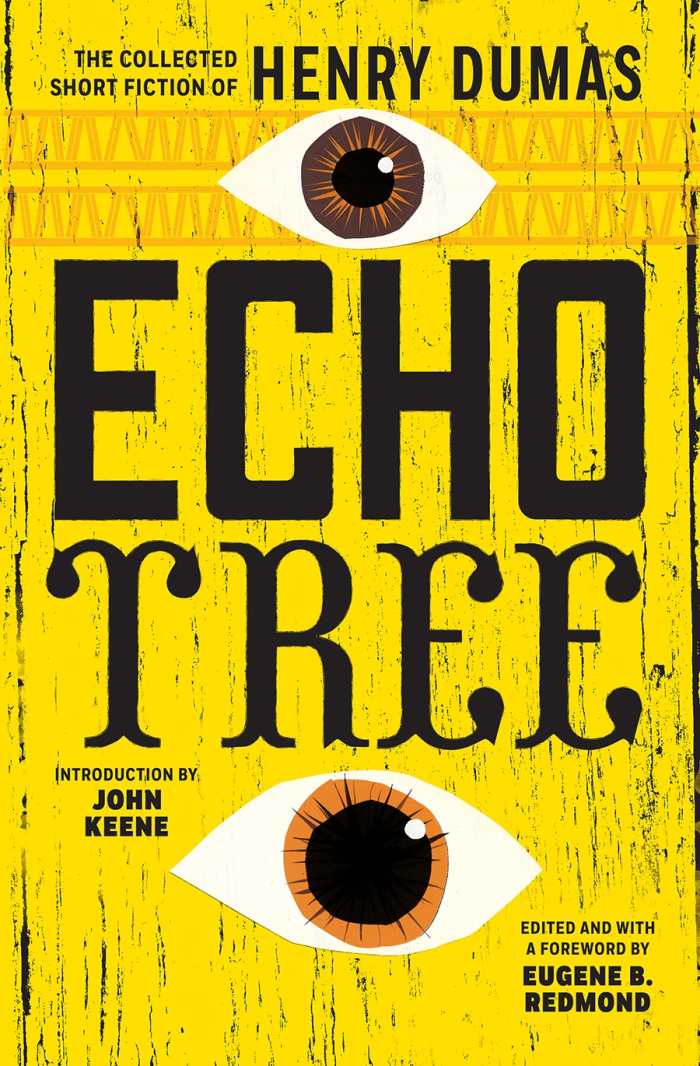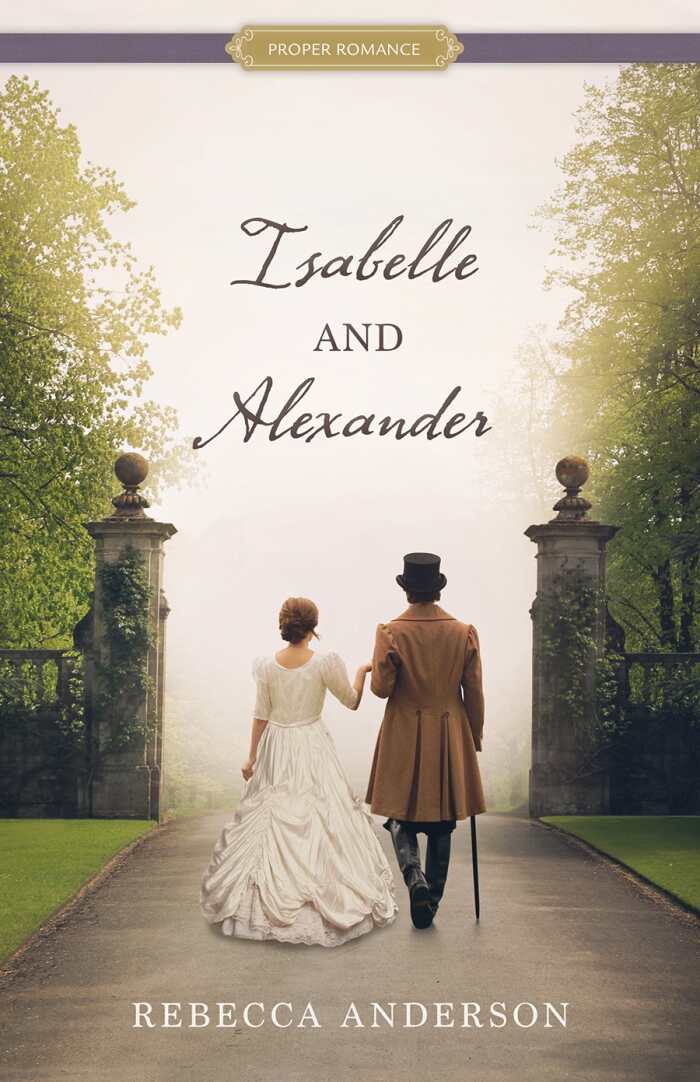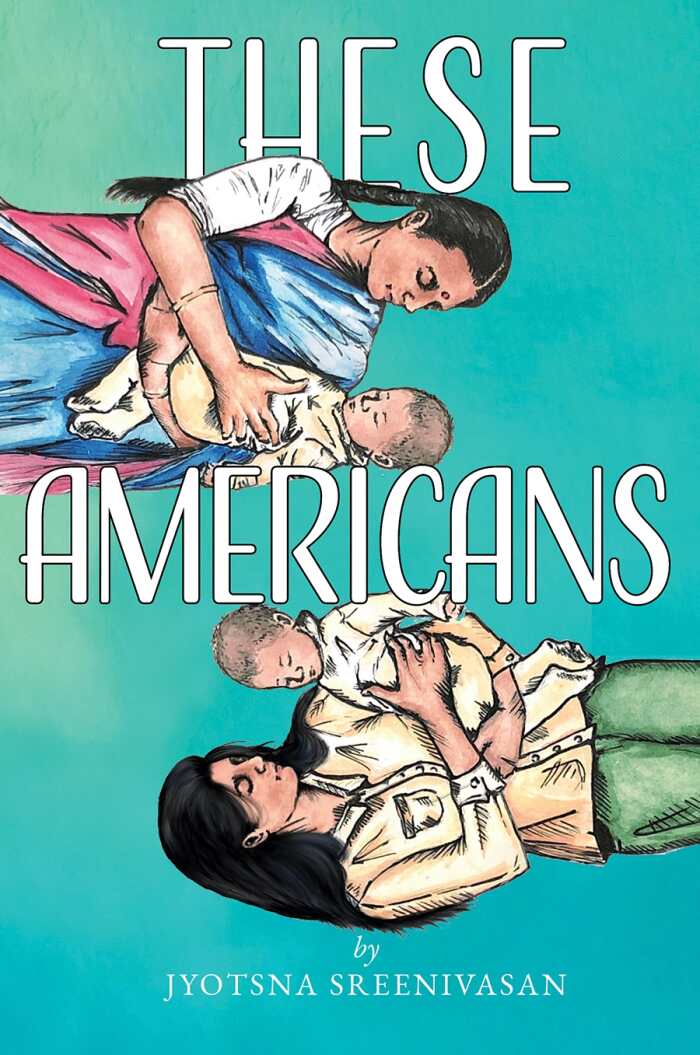Book of the Day Roundup: May 3-7, 2021
David and Ameena

Ami Rao
Fairlight Books
Softcover $15.95 (400pp)
978-1-912054-27-5
Buy: Local Bookstore (Bookshop), Amazon
Meatballs, free jazz, and subway singers? This is a fine romance. A fanciful courtship flourishes between two artistic loners in David and Ameena, whose leads deal with connections, synchronicity, and cultural differences.
David and Ameena are first-generation immigrants. He is a Lithuanian Jew, she is Pakistani-via-Manchester and Muslim. They form a winning combination of contrasts. In New York, they’re free to unpack their family and cultural baggage, and to explore their true passions: for him, music, and for her, visual art.
David and Ameena are drawn together by a series of shared, synchronous miracles. Raised to succeed, both struggle with the pressures of assimilation and the impossibility of fitting in; they both toil in the marketing mines of Manhattan, finding time to appreciate art in spare moments. In each other, they find muses, sparking each other’s curiosity and chutzpah. They also contend with deep prejudices and assumptions about one another, but these beliefs are a small obstacle.
Here, New York is detailed in rich terms that range from the romantic to the ridiculous. From local customs, like giving the intersection instead of an address of a meeting place, to urban legends, like the accidental death of a starlet during a romantic rendezvous, New York is alive. The city’s role in the romance is satisfying.
While the chapters glimpse into the experiences that influenced David and Ameena, their behavior in the present is most fascinating. In New York, the novel insists, you can be anything or anyone. The ultra-modern architecture and culture of ambition are a powerful contrast to the couple’s ferocious grip on their pasts.
In the end, New York is as breathtaking as the easy, sophisticated storytelling that brings David and Ameena together under the cool shadows of Madison Avenue’s fairy tale spires.
CLAIRE FOSTER (April 27, 2021)
Echo Tree
The Collected Short Fiction of Henry Dumas

Henry Dumas
Coffee House Press
Softcover $19.95 (416pp)
978-1-56689-607-8
Buy: Local Bookstore (Bookshop), Amazon
With a new introduction by John Keene and a new foreword by editor Eugene B. Redmond, the second edition of Henry Dumas’s short story collection Echo Tree introduces his work to a new generation.
Black culture and manhood take center stage in these stories. Men’s physicality, intellect, and perception, along with the ways men code-switch, the ways they learn to navigate being at home and in society, and how they develop strength and empathy, are explored in Dumas’s lyrical, brutal prose, which orients and propels his tales to resonant endings, signaling a mastery of craft.
The stories follow an internal chronology that’s unconstrained by their original publication order. That chronology is reflected in the ages of the lead characters, from boyhood to manhood, and in moving from contemporary times to the future. Some stories, like “Harlem,” are straightforward in interrogating the ways that Black people have been exploited for economic purposes, and have been made to believe that social success can only be achieved through imitating the oppressors. Other stories, like “The Marchers,” are allegories, approaching similar subjects from a different angle.
The dexterity with which Dumas handles his themes transfers to the ways his stories take up space in several literary movements. “Echo Tree” and “Ark of Bones” find their footing in the Southern Gothic tradition, calling forth ancestors and ghosts of the past, and infusing everyday, rural life with Black spiritualism. The beginning shapes of Afrofuturism, blending the Black American experience and science fiction themes, take form in “The Metagenesis of Sunra,” an homage to the artist Sun Ra.
With a sharp eye that is both a credit to the original writing and the strength of its editing, these stories connect the past to the present. Echo Tree is a vibrant short story collection.
DONTANá MCPHERSON-JOSEPH (April 27, 2021)
Isabelle and Alexander

Rebecca Anderson
Shadow Mountain Publishing
Softcover $15.99 (368pp)
978-1-62972-847-6
Buy: Local Bookstore (Bookshop), Amazon
Though love often blooms in adversity, an arranged marriage, class differences, and a sudden devastating accident all act as impediments to intimacy in Rebecca Anderson’s sweet clean romance novel, Isabelle and Alexander.
Isabelle comes into her own in the era of England’s Industrial Revolution. She is not of aristocratic birth, but her family does have money. Her husband, Alexander, is a self-made man who owns mills in Manchester, the heart of industrial England. Though his rise left him rich, he’s uncertain of himself in social circles. Isabelle was untutored and unprepared for a reticent man; she finds it difficult to draw Alexander out. Just when it seems that they might overcome their differences, an accident derails their progress.
The book builds a world around its characters, drawing tension from history and including period details, as of how little was understood regarding medical diagnoses. It illustrates the social supports available to women, which are integral to their successes in life and marriage, by focusing on Isabelle’s friends and housekeeper. Such women also help Isabelle to assert her independence, and her authority as wife and lady of the house. Also because of their interactions, Isabelle transitions from an unaware, leisure-class woman to a more enlightened spouse and supporter of the working class.
Intimacy and romance develop between Isabelle and Alexander because of simple gestures, like a long look or a thoughtful gift, and their conversations. Their slow, stately courting is reader appropriate for any age or audience. Manchester also gets its due as a place of grit and incredible production. Descriptions of bustling mills reveal their impact on the couple’s family and its fortunes.
Isabelle and Alexander is an intimate and touching romance novel that focuses on women’s lives in the business class of industrial England.
CAMILLE-YVETTE WELSCH (April 27, 2021)
These Americans

Jyotsna Sreenivasan
Minerva Rising
Softcover $17.00 (212pp)
978-1-950811-06-9
Buy: Local Bookstore (Bookshop), Amazon
The crafted stories of Jyotsna Sreenivasan’s collection These Americans offer the perspectives of immigrant and native-born Indian Americans as they balance Indian culture with the expectations with American life.
“Mirror” begins with a birth at an Ohio hospital in 1967; the mother, Prema, is a recent immigrant with her husband. Beyond the stress of labor, Prema is upset that her obstetrician is a man. In India, she complains, only women doctors assist with childbirth. Prema is given a mirror to watch the baby emerge—a notion that she finds unnerving and immodest. However, once she allows herself to witness the delivery, she feels empowered and delighted by the arrival of her “princess.”
As seen in Prema’s story, immigrants in the period before the internet had greater difficulty transitioning to American life; outside of urban areas, Indian groceries were difficult to find, and cultural accommodations were rare. But subsequent stories feature later generations and more assimilation; their characters are often resistant to Indian traditions. In “Mrs. Raghavendra’s Daughter,” Anjana hides her relationship with her American lesbian girlfriend, and wishes that her mother would stop trying to arrange a conventional marriage. In “Revolution,” twelve-year-old Anita refuses to travel to Bangalore to visit her father’s family, hoping to go to summer camp in Michigan instead.
Though there are instances of racism, most of the characters in the book are welcoming and supportive. There are notable moments of humor, as when a teenager tries to discuss the influence of Mahatma Gandhi with his mercurial Indian grandfather. And there is the poignant “Hawk,” in which an accomplished doctor reflects upon her life, her relationship with her daughter, and her devastating diagnosis of Alzheimer’s disease.
Though there are subtle variations in tone and setting, the stories of These Americans form a cohesive, captivating collection.
MEG NOLA (April 27, 2021)
Hashtag Good Guy with a Gun

Jeff Chon
Sagging Meniscus
Softcover $21.95 (258pp)
978-1-952386-02-2
Buy: Local Bookstore (Bookshop), Amazon
Packed with violence and mordant humor, Jeff Chon’s novel Hashtag Good Guy with a Gun is unsparing in delivering cutting commentary about contemporary America.
When Scott, a disgraced former high school teacher, invades a pizza parlor with a gun, he’s convinced that the establishment houses a pedophile ring. Instead, he stumbles into a hostage situation and ends up shooting the hostage-taker. He becomes an unlikely celebrity, inspiring the hashtag #goodguywithagun and setting off a series of comic and tragic events.
The novel is most concerned with the American male psyche under siege. As the 2016 presidential election unfolds, a host of men who are deluded, adrift, or both are introduced. Elderly Jae, a former IBM employee, is off the deep end and on the run, convinced that a Korean envoy of death is pursuing him. Scott’s former student Blake is a buffed-up white supremacist incel who’s bent on revenge against Scott for sleeping with his mother. Scott’s ne’er-do-well half brother Brian is still coming to terms with childhood sexual abuse and his father’s religious cult, which claims that an apocalypse is nigh.
Chon’s punchy, acerbic prose weaves these people and narratives together, skipping backwards and forwards in time. The result is a chain of angst and aggression that seems unbreakable, in which bloodshed only begets more bloodshed. He depicts a world spinning out of control, where an argument over Superman and the Hulk plants the seeds for extremist rebellion, where Catcher in the Rye is the basis for wild conspiracy theories, and where Scott’s accidental heroism is coopted by right-wingers for their own ends.
Eschewing easy sympathy and tidy resolutions to its dilemmas, Hashtag Good Guy with a Gun is a bracing, affecting novel that laments a society on the edge of madness.
HO LIN (April 27, 2021)
Barbara Hodge
